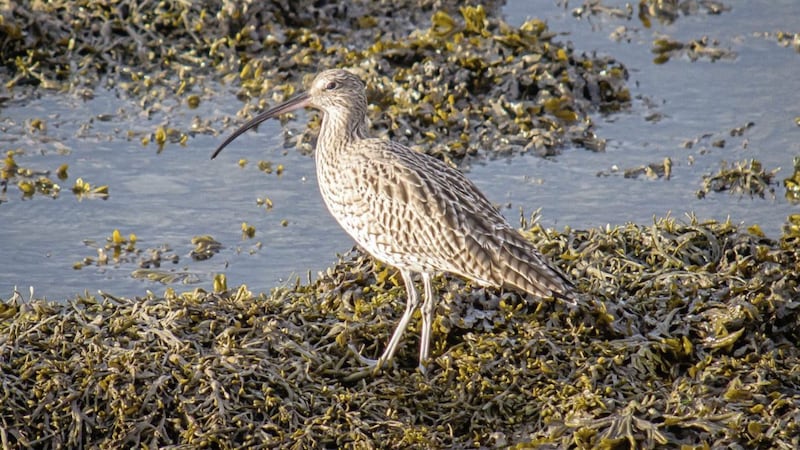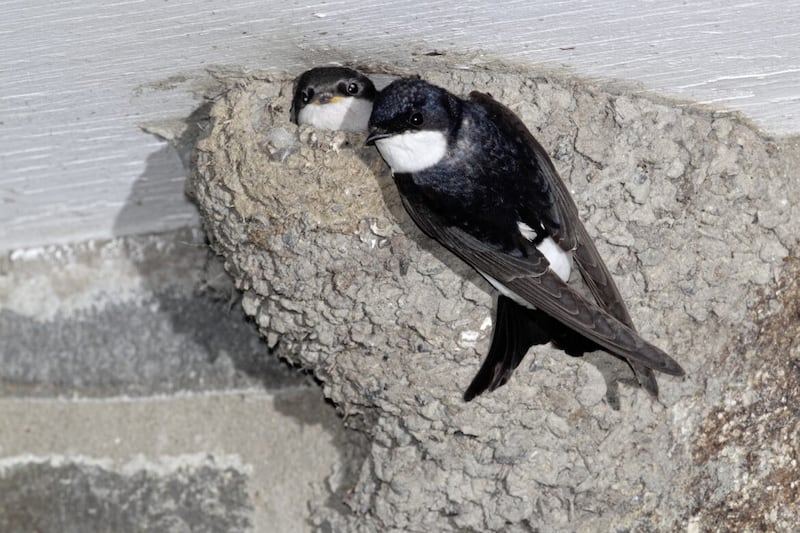ROBBIE greets each day with joyous barking after he wakens fully from his nightly slumbers. I can only assume he is communicating his delight at being alive and his eagerness to embrace the day.
These thoughts coincided with my reading of If Only They Could Talk, a memoir of Glaswegian vet James Herriot’s first year in a veterinarian practice in the small fictional North Yorkshire town of Darrowby. Using his famous pen name of Herriot, James Alfred Wight went on to write further books chronicling daily life with his colleagues, Siegfried and Tristan Farnon, the gruff farmers with their almost incomprehensible accents and the many uncooperative animals he encountered throughout the dales.
Some of his works were published in omnibus volumes such as All Creatures Great and Small (1972), also the name for the film adaptation and the successful long-running BBC television series of the 1980s. Like many of a certain age I was delighted to have been reacquainted with Herriot and some of his charming tales in a new production of the show screened recently on Channel Five.
I often think, what if wild species, facing decline because of our actions, could only talk and tell us their thoughts.
Recent reports warning of species decline across the globe as a result of human activity are alarming. Biodiversity is the term ecologists use to describe the variety of plant and animal life in the world and the United Nations Convention on Biological Diversity reported in September of this year that worldwide, "one million plant and animal species are at risk of extinction".
If only our plants and animals could talk. The study acts as a wake-up call, encouraging us to consider seriously the dangers involved in our current relationship with nature and highlights how ongoing degradation of ecosystems is having profound consequences on human wellbeing and survival. Elizabeth Maruma Mrema, executive secretary of the convention tells us: "Biodiversity is declining at an unprecedented rate, and the pressures driving this decline are intensifying." She also warns that, "As nature degrades, new opportunities emerge for the spread to humans and animals of devastating diseases like this year’s coronavirus". If only they could talk.
The Royal Society for the protection of Birds, in conjunction with the Natural History Museum, London report that, "In Northern Ireland, we’ve lost more than 80 per cent of the curlew population since 1987, and that 11 per cent of all wildlife is now threatened with extinction here."
A recent Birdwatch Ireland survey also confirmed a significant decline of about 90 per cent in breeding curlew, indicating a serious decline across the island much like the corncrake in recent decades. If only these birds could talk.
Causes of Biodiversity loss are multiple, but most have a human imprint. Societal growth produces greater demand for land, water and other resources, leading to habitat loss. Land reclamation, cutting down forests and removing hedgerows for more intensive farming, fragment habitats further, with inevitable species loss.
Internationally, deforestation of tropical forests for the purposes of logging, hunting, agricultural expansion, and human settlement causes mass extinctions in areas which experts estimate hold 50 per cent of the world’s terrestrial plant and animal species. If only they could talk.
Climate change adds more pressure as species struggle to adapt to increasing global temperatures.
Wildlife species don’t speak our language but the great communicator David Attenborough does, giving them and us hope, when in the documentary, Extinction; The Facts, he says,
"If we make the right decision at this critical moment we can save our planet’s ecosystem, its extraordinary biodiversity and all its inhabitants."
Surely, we should listen.








